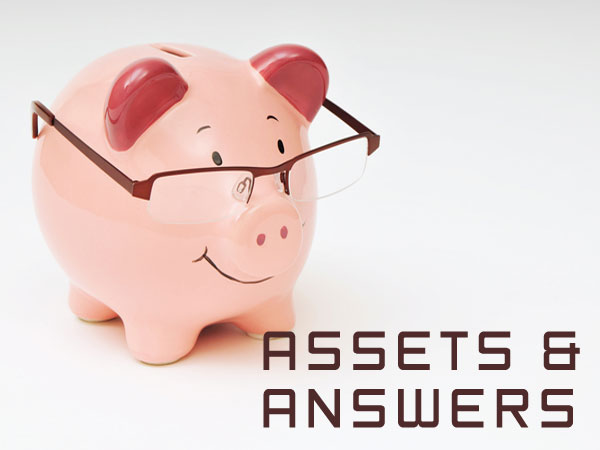How can I get the best exchange rate on euros for my summer travel plans?
[brian watkins, commerce trust co. director of private banking]:
You can purchase euros at local banks—Commerce Bank in Clayton has them on hand—or by ordering through your local branch. Buying them before your trip is useful for incidental expenses or to pay where credit cards aren’t accepted. But the best exchange rates are typically on credit or debit card transactions. It’s a good idea to check with your card provider before a trip to see if any international transaction fees are charged. Some cards waive those fees; others typically charge a 3 percent fee per transaction. However, cards are less accepted in Europe than in the U.S., so it may be worthwhile to withdraw cash at a bank ATM when you reach your destination. You’ll get the same preferred rates as when you use your card to make the purchase. A nominal ATM fee may apply as well as the currency conversion fee from the card, but you’ll still do better than if you use airport or street exchanges. You might also consider using a chip-enabled card embedded with a Europay, MasterCard and Visa (EMV) microchip. They’re more accepted by international merchants where chip card terminals have become standard and magnetic stripe-only cards may not be accepted. Also, the microchip contains enabled data that’s more difficult to counterfeit if the card is lost or stolen, giving you additional credit card security when you travel abroad.
[euro 101]
If you find yourself somewhat confused about the euro, you’re in good company. There doesn’t seem to be much rhyme or reason to which countries use it and which don’t. We’ll try to shed some light on the topic.
- The euro, which came into use in 2002, is the official monetary unit of the eurozone, an economic group of 18 European Union nations.
- The eurozone currently consists of: Austria, Belgium, Cyprus, Estonia, Finland, France, Germany, Greece, Ireland, Italy, Latvia, Luxembourg, Malta, Netherlands, Portugal, Slovakia, Slovenia and Spain.
- Monaco, San Marino and Vatican City use the euro and issue their own coins.
- Not all EU members currently use the euro, but once they meet eurozone criteria, they are obliged to do so… With the exception of Denmark and the U.K., which arranged for exemption from the outset.
- Some states, currently Kosovo and Montenegro, have adopted the euro but are not part of the eurozone or the EU.
By Tony Di Martino








